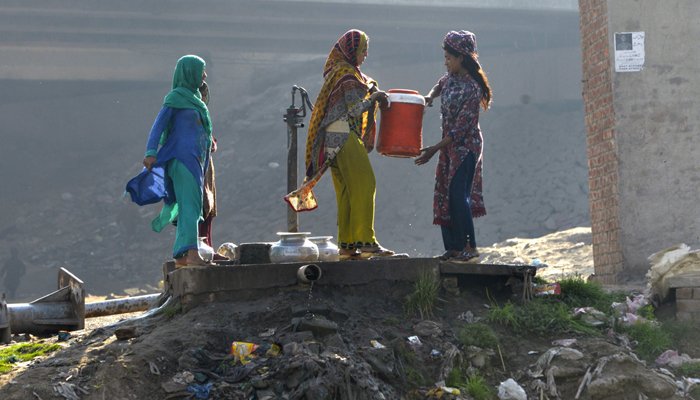Experts have warned that Pakistan will be facing shortages of water beginning 2025 as the situation is aggravating mainly because of climate change and massive fluctuations in patterns of severe weather conditions.
The experts gave the warning during a training workshop for journalists on climate change organised by Resilient Future International (RFI) and Strengthening Participatory Organization (SPO) in Islamabad.
The experts noted that although Pakistan is not among the countries largely contributing towards carbon emissions, Islamabad will have to take steps to keep itself within the desired limit over the coming years.
An international climate change expert and CEO of RFI, Aftab Alam said that Pakistan crossed the line of the water-stressed country in 1990 and that of the water-scarce country in 2005.
Read also: $1.8 Trillion spent yearly on global subsidies that increase climate change
Alam explained that the unchanged situation would lead to an absolute shortage of water in 2025, adding that such a state of affairs is a receipt of disaster.
He maintained that the water-intensive production system in agricultural and industrial sectors must be transformed into water-smart systems and that the government, academia, parliamentarians and civil society organisations need to play a collective and collaborative role in this regard.
Apart from the water situation, Alam highlighted the impact of climate change on health, agriculture and food security. He noted that the expanded timeline of dengue cases in 2021 is one of the key impacts of climate change on health.
“The rising trend of erratic rains challenges agricultural production,” he said, adding that in 2020, monsoon season witnessed 41 per cent above average rainfall, whereas 2021 saw nine per cent below average rains.
Story was adapted from the News.
